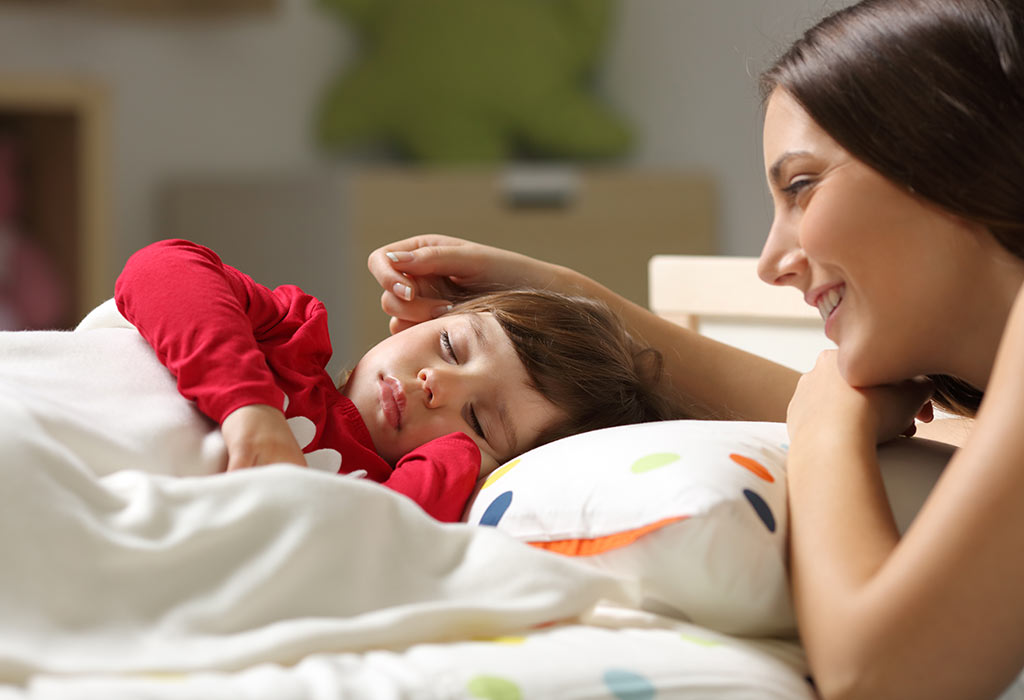
Sleeping Tips For Kids.
Here are some factors to consider if your kids are having trouble sleeping.
1-Caffeine Intake.
Perfect sleep hygiene is a process that starts early during the day. You have to be cautious about what foods and drinks your child takes. Caffeine is among many stimulants which when taken, prevents sleep, causing your kid to stay late through the night and have short sleeping spans. Caffeine is abundantly found in fizzy pop, energy drinks, cola, coffee, and tea. Limit the amount your child drinks and prevent them from taking caffeine drinks after lunchtime.
2-Quality and Quantity of Food.
By having a large amount of food before bedtime, you will find it difficult to fall asleep. Have a schedule of when dinner should be served, and avoid feeding your child large amounts of food before bedtime. During the weekdays, when the kids go to school, allow your children to have their meals earlier than the rest to give them ample time to digest the food before bedtime. Certain foods such as a glass of warm milk can help the child sleep faster and better.
3-Exercise.
Children who spend most of their time doing nothing have difficulties falling asleep. By playing outside in the sun, the children will burn off energy and feel tired at nightfall. A simple walkout in the fields can be helpful to kids who don’t like sporting activities. However, it would be best to prevent the kids from exercising shortly before bedtime as the heat produced during the exercise period will prevent them from falling asleep.
4-Surroundings.
The child’s sleeping area should be secure and safe, and a place only used to sleep and not play. Depending on the child’s need, you can adjust the sleeping areas differently to achieve their specific needs and wants.
Some prefer having a nightlight in their rooms as it provides a sense of security, while others opt to sleep in dark rooms. The guardians should also adjust noise levels and room temperatures for the children to feel comfortable and sleep perfectly. Read this best hybrid mattress guide to find the ideal mattress for your kid.
Objects that distract the child from sleeping should be removed in their respective bedrooms. A child that is stimulated by toys should not sleep in a room with toys. They should be kept in a separate room.
5-Have A Routine.
Have a set bedtime and a specific bedtime routine can help your kid know what to expect right before sleeping and how to get about it. A good routine should begin 30minutes-2 hours and should have several activities to wind up the day, such as reading a story or having a warm bath.
By strictly following the routine, your baby will easily settle down before bedtime and fall asleep quickly. Remind your kids to go to the washrooms to prevent them from waking up in the middle of the night to use the toilet.
6-Electronic Gadgets.
Electronic gadgets such as computers, tablets, mobile phones, and watching the television can prevent your kid from falling asleep as required. The blue light from these screens tends to suppress the hormones in the brain responsible for sleepiness.
It is good practice not to use these gadgets two to three hours before bedtime, and you should remove them out of the kids’ bedroom.
If your kid uses these gadgets to make them fall asleep, you can choose to replace the behavior by telling them a bedtime story, sing them a lullaby song, or play some calm and soothing music.
Sleep is essential in a child’s growth, development, and well-being. A child who gets enough sleep tends to be active and sharp than a child who has difficulties sleeping.
The beddings should also be regularly changed and fresh at all times. During the day, you should open the windows for fresh air to flow in the room and sunlight.
More Stories
What are the requirements to become a Hospitality Professional?
All about Hospitality Industry: Hospitality industry is one of the most glamorous places to work in where you are continuously...
Homeopathic Treatments for Common Illnesses
The use of Homeopathic treatments is a safe and effective way to treat a variety of illnesses. These treatments are...
Ikaria Lean Belly Juice Reviews – How do I lose weight with these herbal juices?
Ikaria Lean Belly Juice completes metabolic transformation to the body.. According to the official website, it alters the way the...
The Best Way To Use Restolin To Regain Your Youthful Hair
Introduction Looking for a way to regain your youthful hair? Look no further than Restolin. Restolin is a revolutionary new...
How Free Classifieds Sites Has Helped With Covid-19 Recovery In The UK
Introduction Ads mean advertisements that are a wonderful way of telling people about a product, service, or an important topic...
3 Ways Home Environment Can Affect Your Mental Health
Everything from the house, city, and the state you live into the climate in your space, the social environment, and...